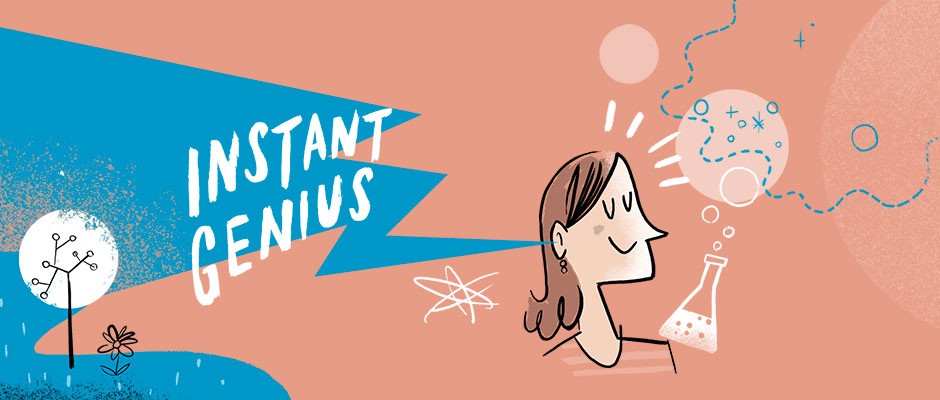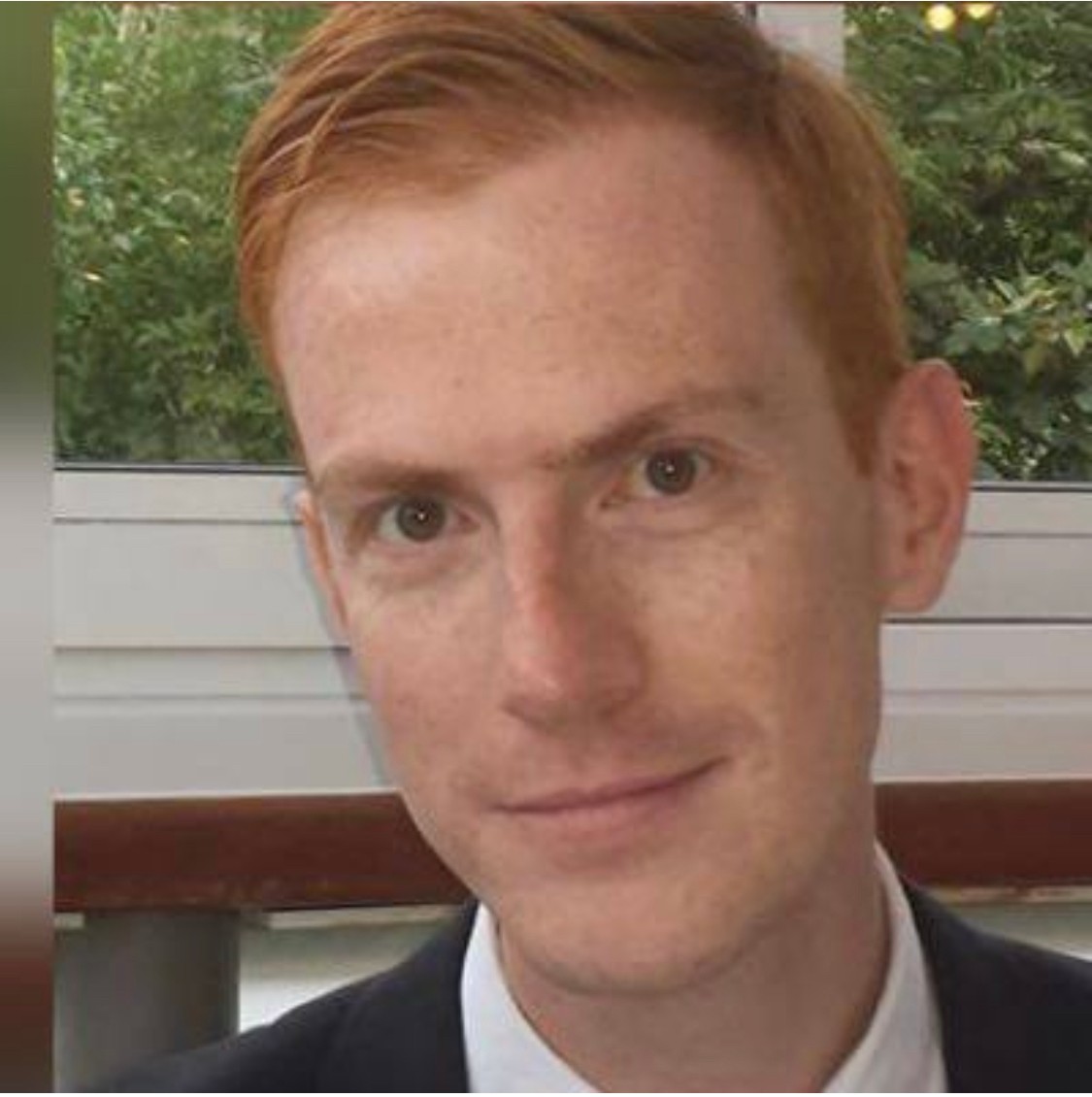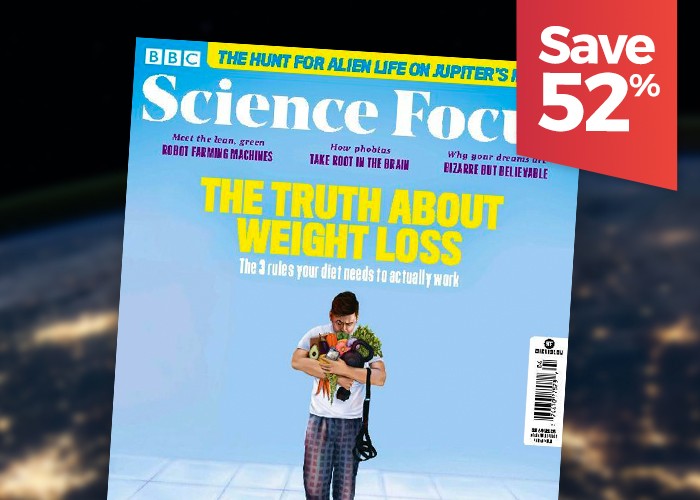
Instant Genius Podcast: Light pollution, with Dr Greg Brown
The night sky is increasing in brightness by a staggering amount. What measures do we need to take to get back our view of the stars?
Instant Genius is a bite-sized masterclass in podcast form. And in this episode, we're discussing light pollution.
A recent study carried out by the Globe at Night project – a citizen science program involving more than 50,000 observations from volunteers around the world – has found that the brightness of the night sky has increased by an average of 7 to 10 per cent a year for the last decade. This trend is making it increasingly difficult to observe the stars, especially from built-up urban areas.
We speak to Dr Greg Brown, an astronomer and science communicator based at the Royal Observatory Greenwich. He tells us how bad the current situation really is, what it means for laypeople, astronomers and animals, and what measures we can take to get our view of the stars back.
Find Instant Genius on your preferred podcast platform here: instantgenius.podlink.to/Podcast
Listen to more episodes of Instant Genius:
Authors

Jason is the commissioning editor for BBC Science Focus. He holds an MSc in physics and was named Section Editor of the Year by the British Society of Magazine Editors in 2019. He has been reporting on science and technology for more than a decade. During this time, he's walked the tunnels of the Large Hadron Collider, watched Stephen Hawking deliver his Reith Lecture on Black Holes and reported on everything from simulation universes to dancing cockatoos. He looks after the magazine’s and website’s news sections and makes regular appearances on the Instant Genius Podcast.
Sponsored Deals

May Half Price Sale
- Save up to 52% when you subscribe to BBC Science Focus Magazine.
- Risk - free offer! Cancel at any time when you subscribe via Direct Debit.
- FREE UK delivery.
- Stay up to date with the latest developments in the worlds of science and technology.




